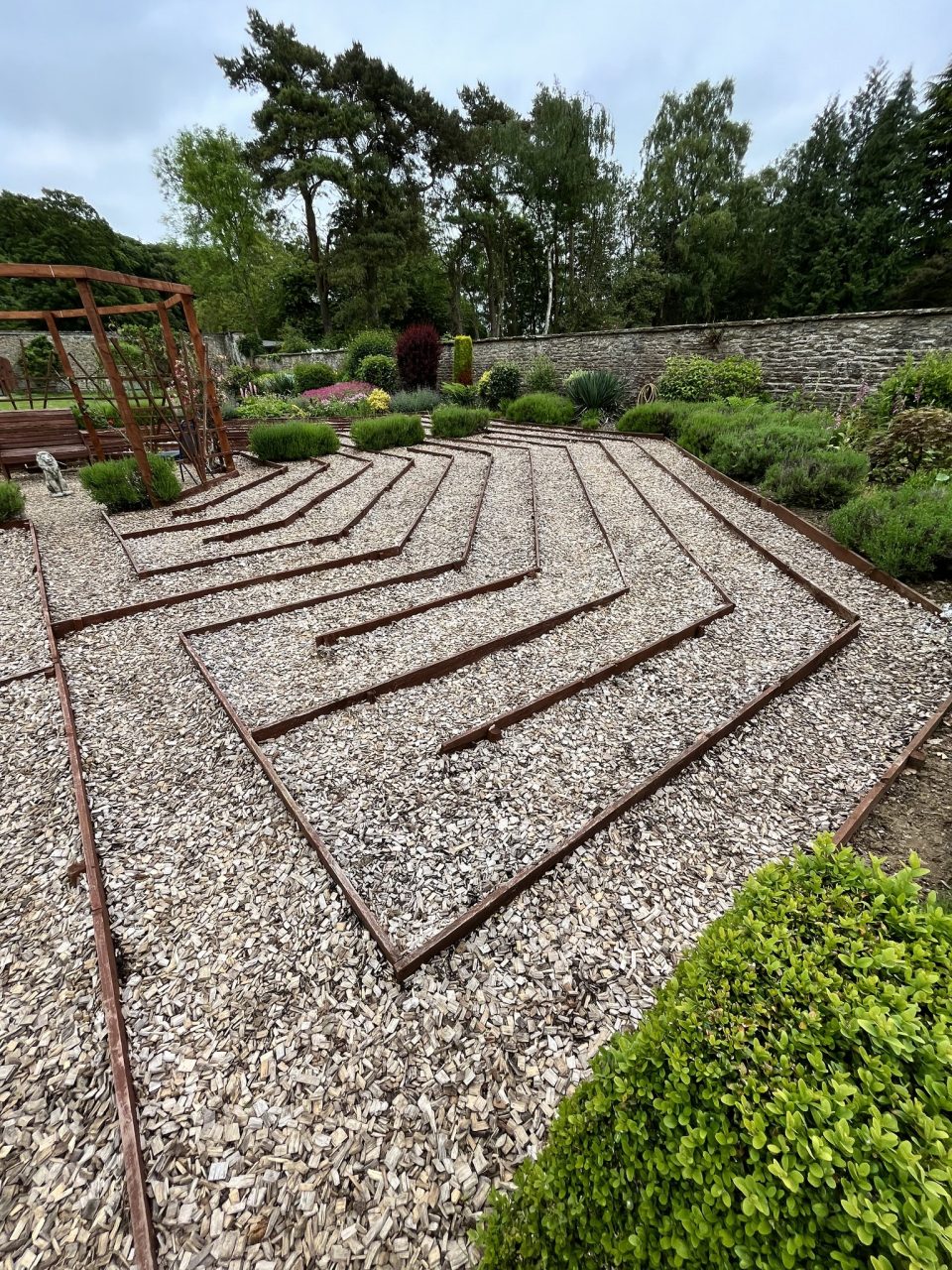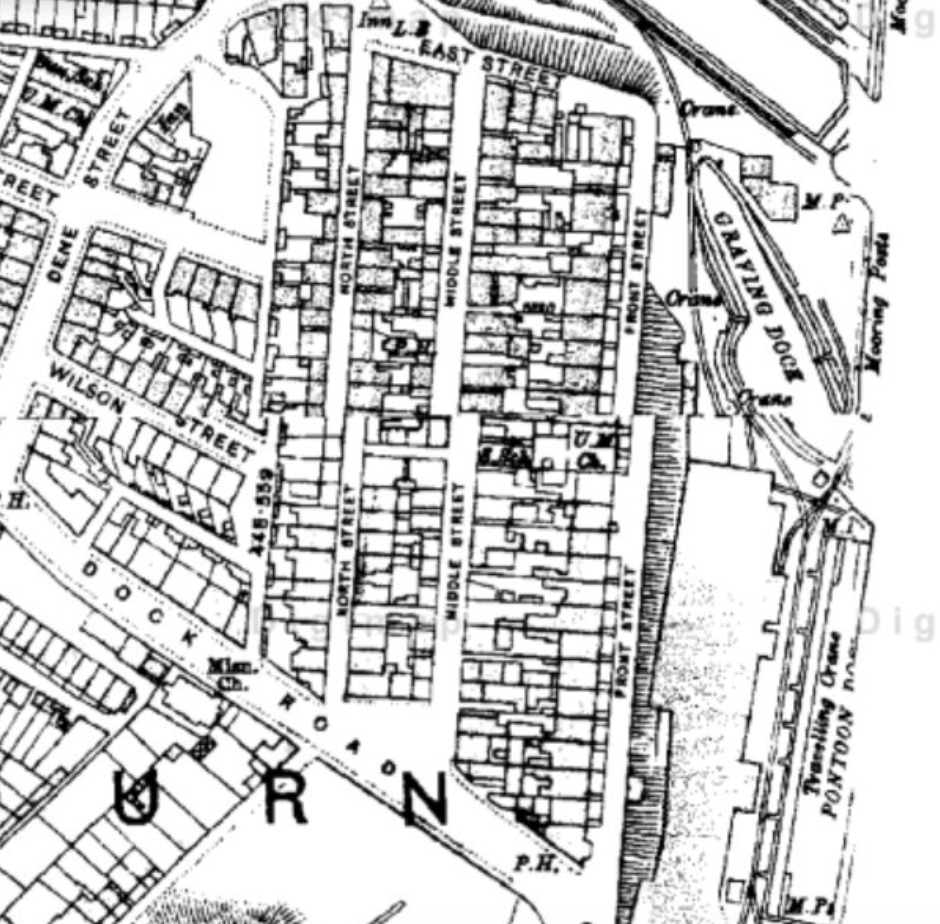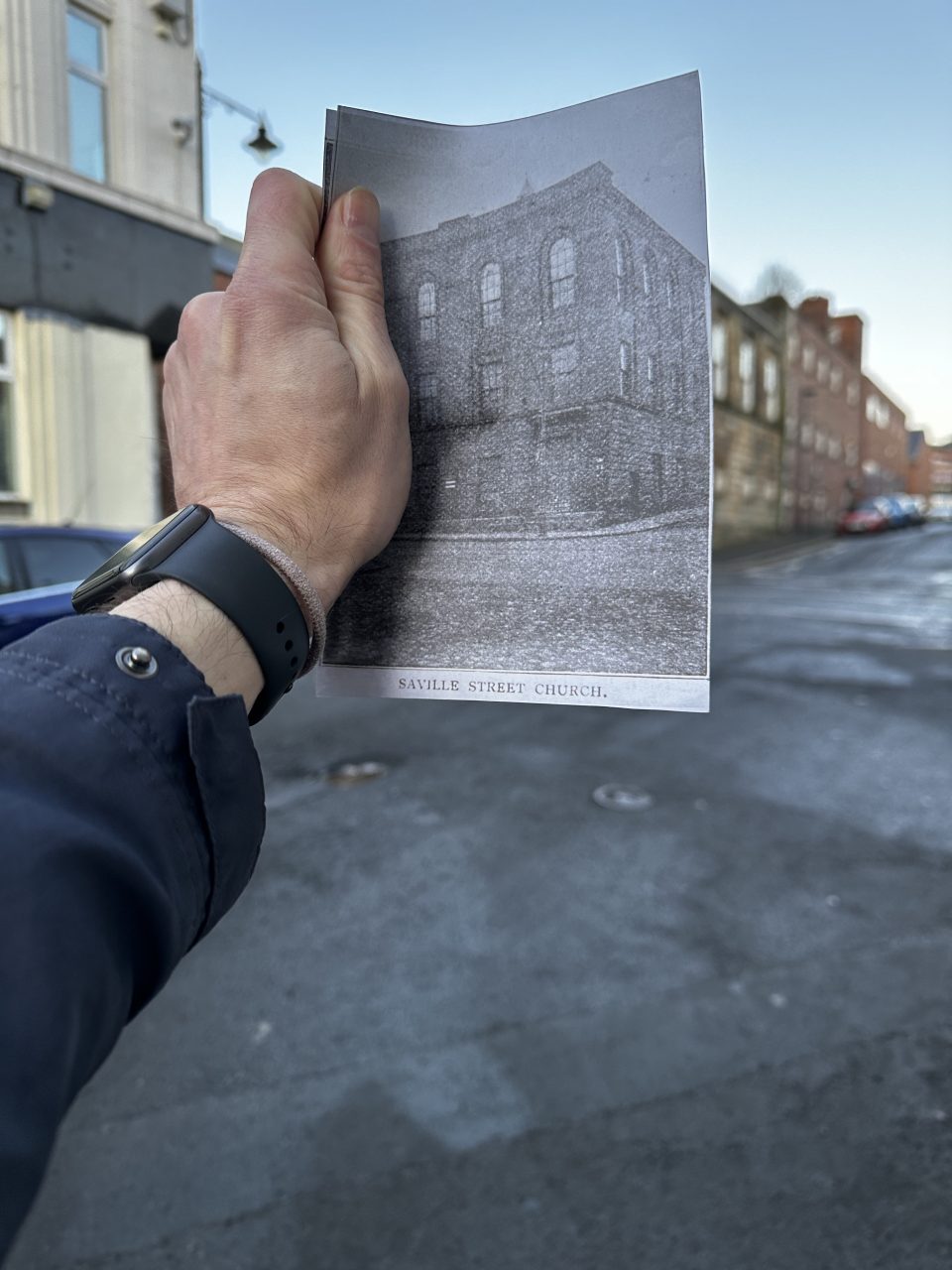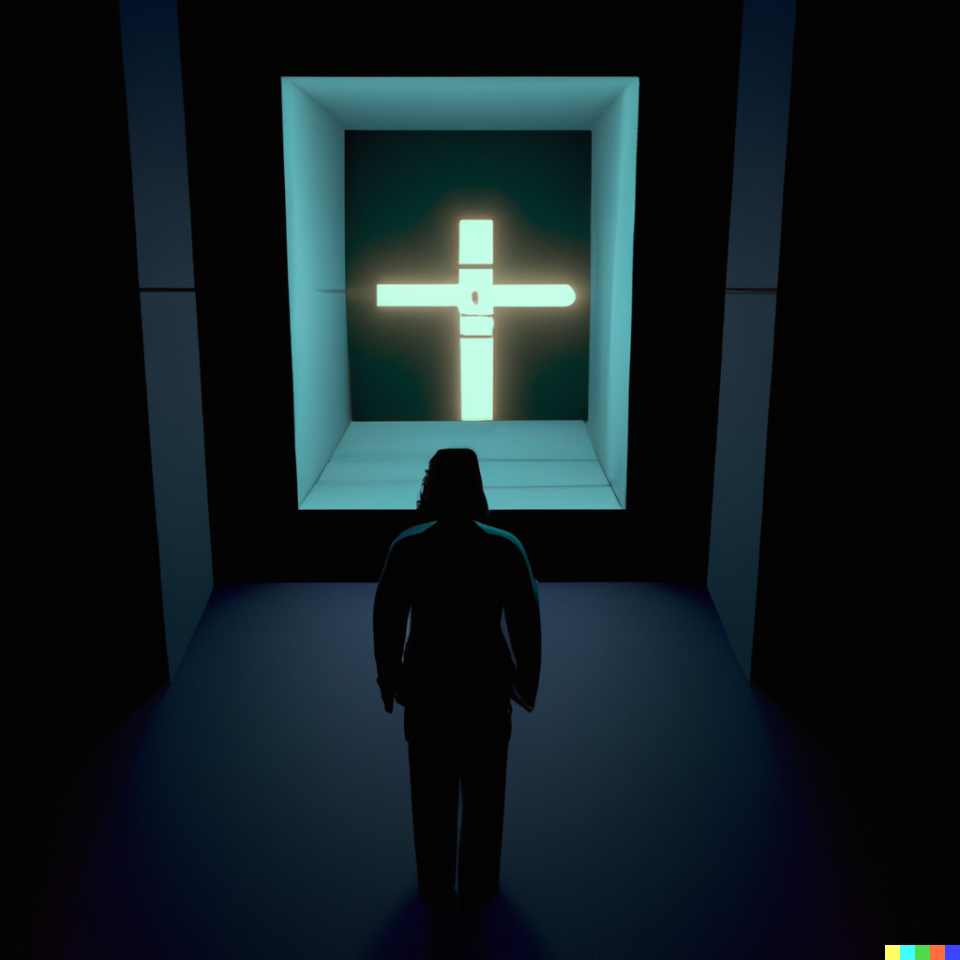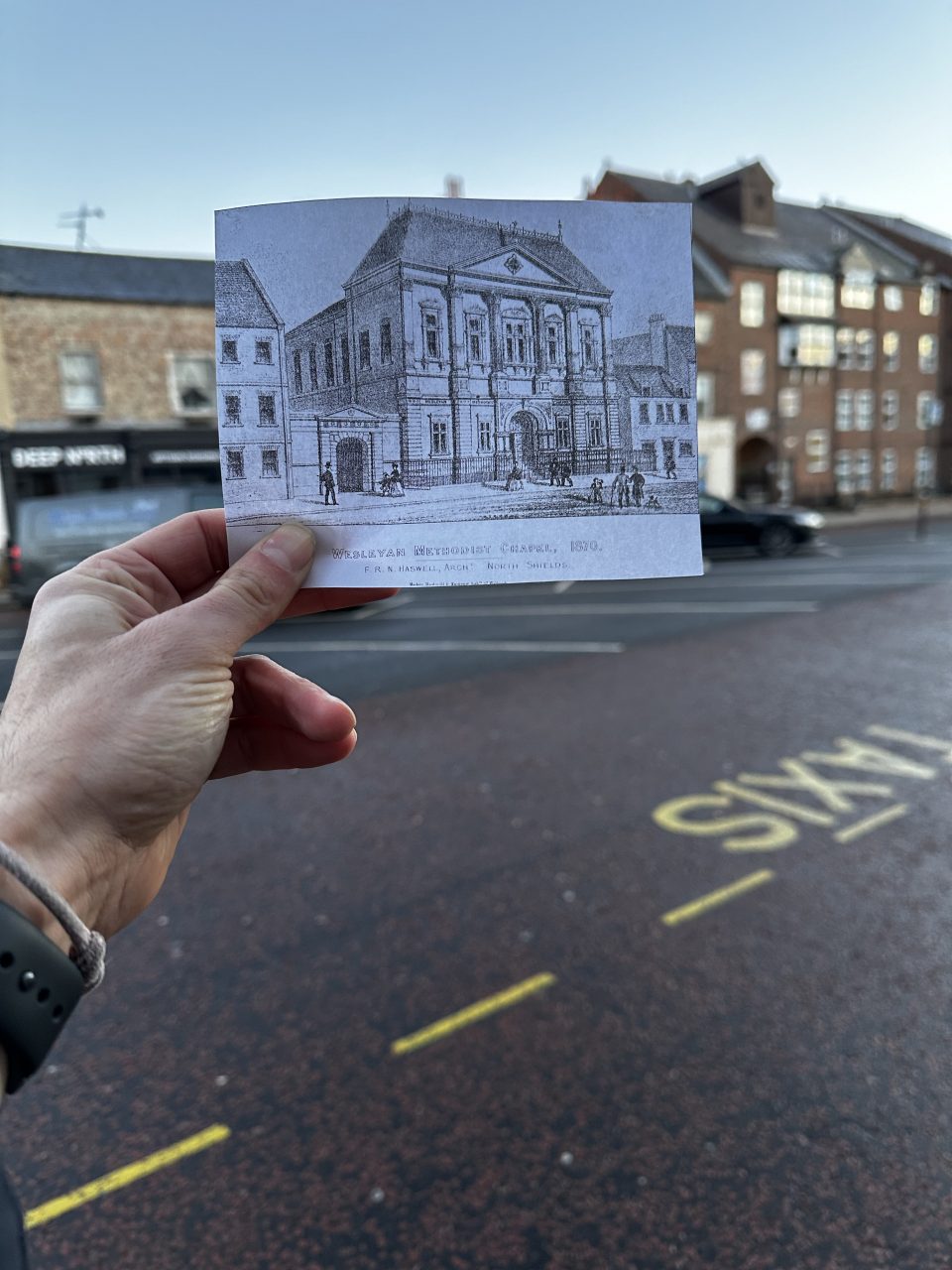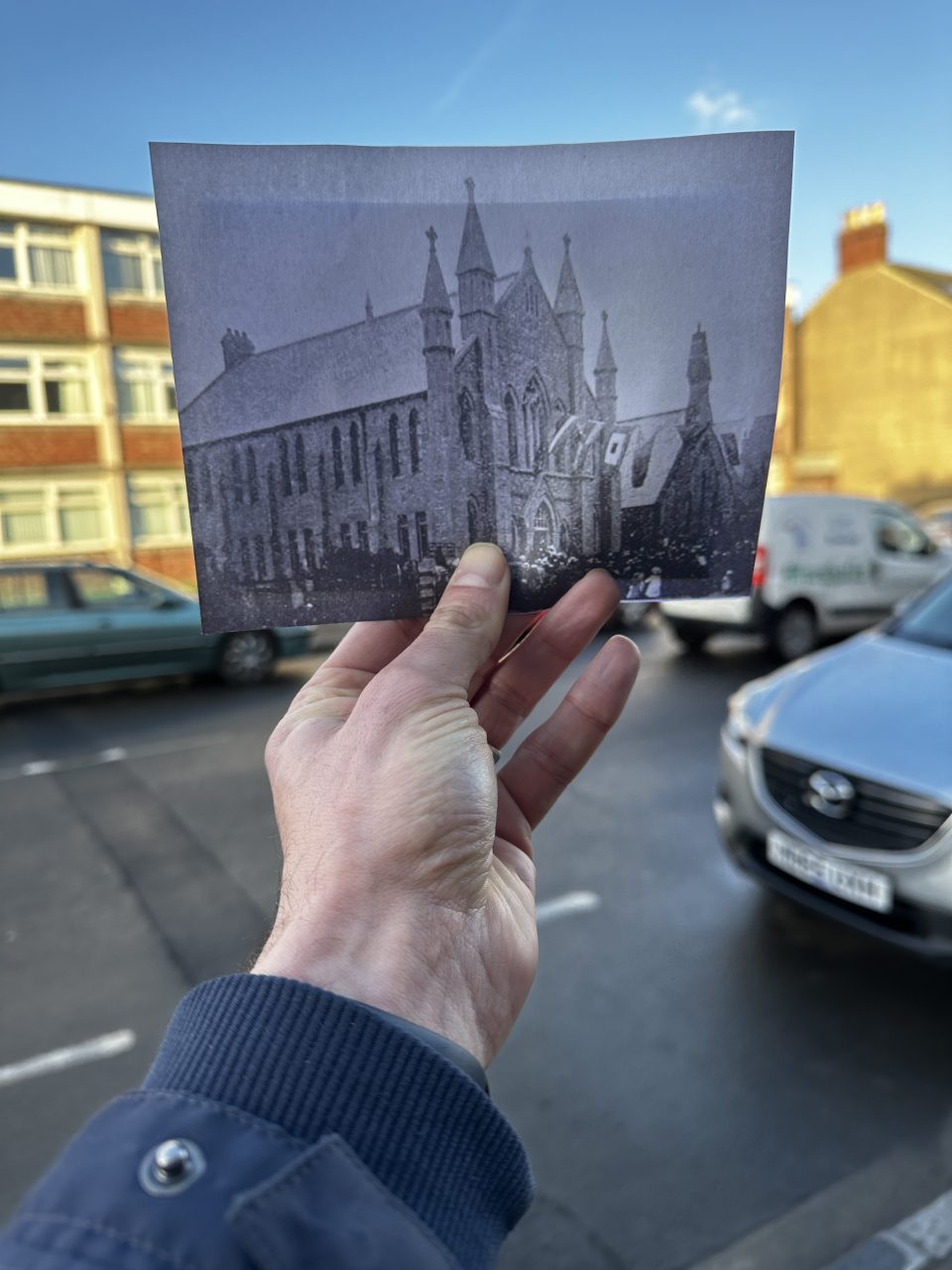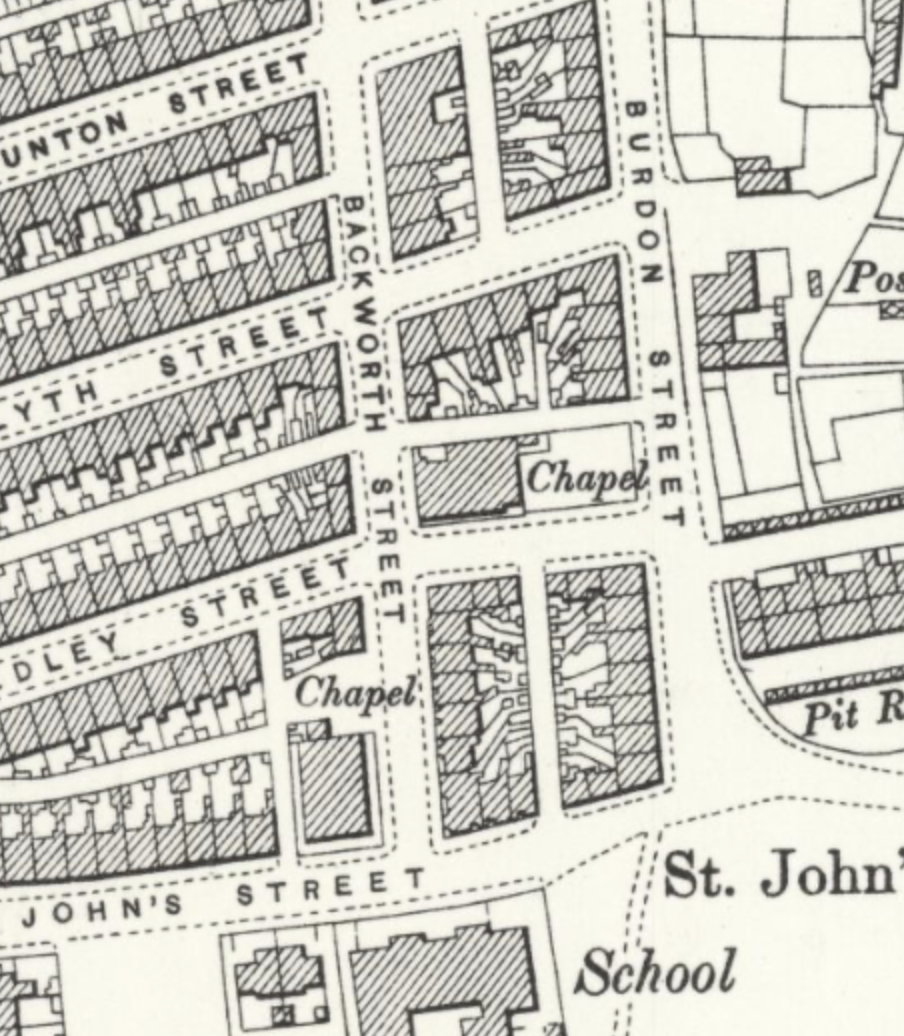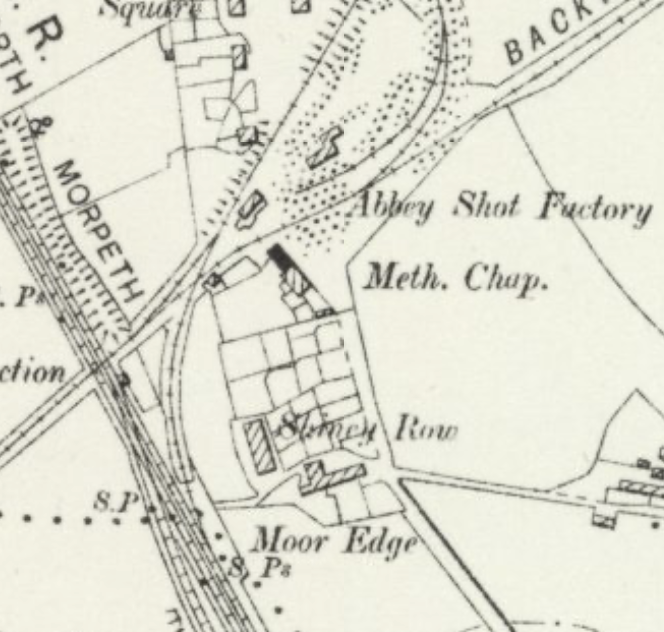Hi folks, I hope you are doing ok? This week we are meeting in homes, if you would like to come then please do send me a message so I tell you where to go. This week Karen was supposed to be writing something on being female, but since we have just done a fair bit on gender, we thought …
Where the Lost Things Go : All That’s Lost is Found
27th March : 6pm Meeting on Victoria Street, NE29 6TS (W3W props.copy.natively) walking to Minton Lane, NE29 6DQ, (W3W posts.maps.return. Approx 1.2miles 30mins round trip. EZEKIEL 37:1-14 Journeying God of the lost things the dead things Can they live? Where do we see life? Where do we see hope? Where do we see need? Where have we uprooted? Moved away? …
Where the Lost Things Go : Waiting Here Until it’s time to Show
24th March : 1pm Meeting at the bottom of Howard Street, NE30 INZ (W3W adults.medium.poker) walking to Saville Street, NE29 6QW, (W3W spider.scars.audit). Approx 1.2miles 35mins round trip. 1 KINGS 19:11-13 Journeying God of the lost things We are often waiting waiting for a bus waiting for test results Its often not comfortable to wait physically, mentally but wait we …
A question of AI
If you are joining us this week we are meeting at The Brewery in Whitley Bay at 7:30pm. This weeks blog is written by a special guest. Faith and Artificial Intelligence (AI) are two seemingly unrelated concepts that are becoming increasingly intertwined in our modern world. While AI is a powerful tool that can be used to advance and spread …
Where the Lost Things Go : Nothings Gone Forever
16th March : 11am Meeting beside The Priory Theatre on Percy Street, NE30 4HA (W3W supply.winner.melon) walking to The Land of Green Ginger, NE30 4BO, (W3W blocks.silver.robots). Approx 0.4 miles 10 mins round trip will probably include a stop at a coffee shop. EXODUS 3:1-22 Journeying God of the lost things What have we not noticed? What have we seen, …
Where the Lost Things Go : Waiting in the Place
Lent 2 : 5th March : 3pm Meeting beside Whitley Bay Health Centre on Whitley Road, NE26 2ND (W3W jokes.ruins.dust) walking to Beverly Terrace, NE30 4NU, (W3W wedge.atomic.alien). Approx 1.4 miles 30mins round trip. GENESIS 32:22-32 Journeying God of the lost things be with us as we wrestle as we laugh as we cry May we keep going may we …
Where the Lost Things Go : Watching as you Grow
3rd April : 6pm Meeting on Cumberland Street, NE28 6SL (W3W voted.spare.leader) walking to St John Street, NE29 6JD, (W3W slam.depend.drill). Approx 1.2miles 30mins trip. Short walk to metros to get back to start point. JOHN 12:12-24 Journeying God of the lost things Are they all lost to death? Is it inevitable? Can death be defied? Death feeding the very earth …
Where the Lost Things Go : Looking for the Place
Walk : 27th February : 6pm Meeting beside Sambuca on Benton Road, NE27 OP (W3W edits.prowling.combines) walking to Shiremoor, NE27 SD, (W3W obstinate.tributes.stroke). Approx 2.4 miles 50mins round trip. GENESIS 28:10-19 Journeying God, of the lost things As we look for the ‘place’ Wander with us. When we take a break, when we rest for a while, when we sleep …
War! Huh what is it good for?
I wrote this blog backwards because it got far too long. So there is the short read which should hopefully be enough to take part in the discussion on Sunday (7:30pm Platform 2, Tynemouth). There is then the questions for our conversation. After that you will find the extended addition. It is looong but will give a bit more detail …
Celebrate : Wor Yem : Day 28
Luke 2:16-20 Who doesn’t like to celebrate? To let your hair down, to party with friends and families or just complete strangers and have a good time. Because life is good or you got that new job or its Friday and why not. Celebrating is a good thing to do. When the shepherds found the baby they had been told …
